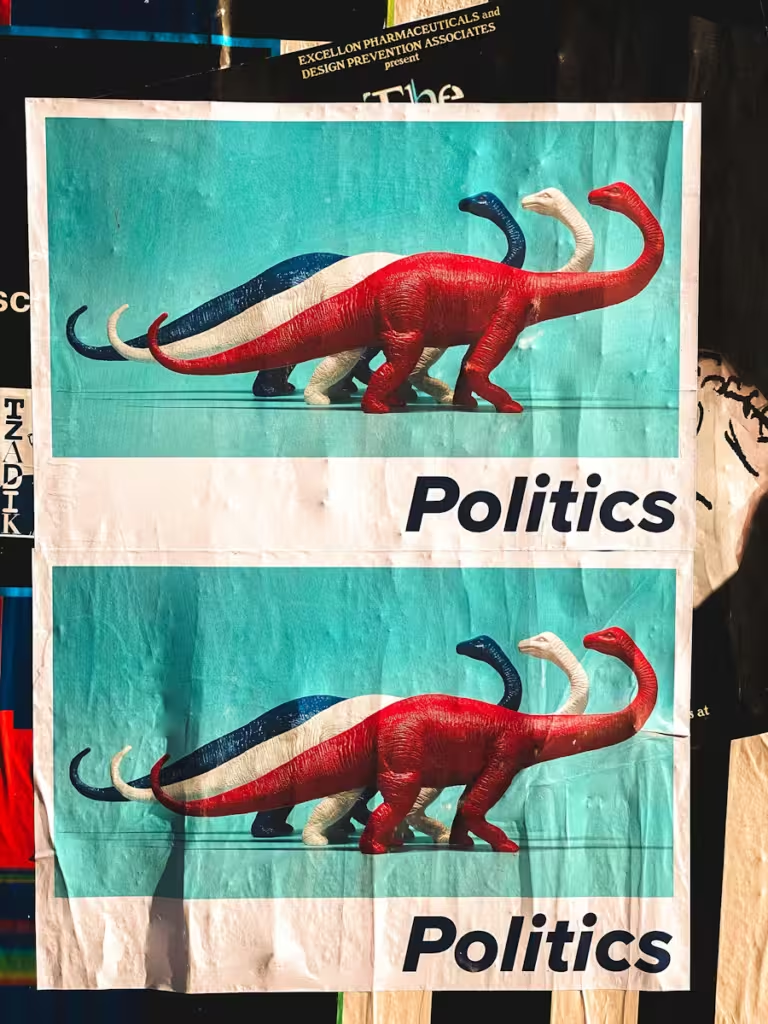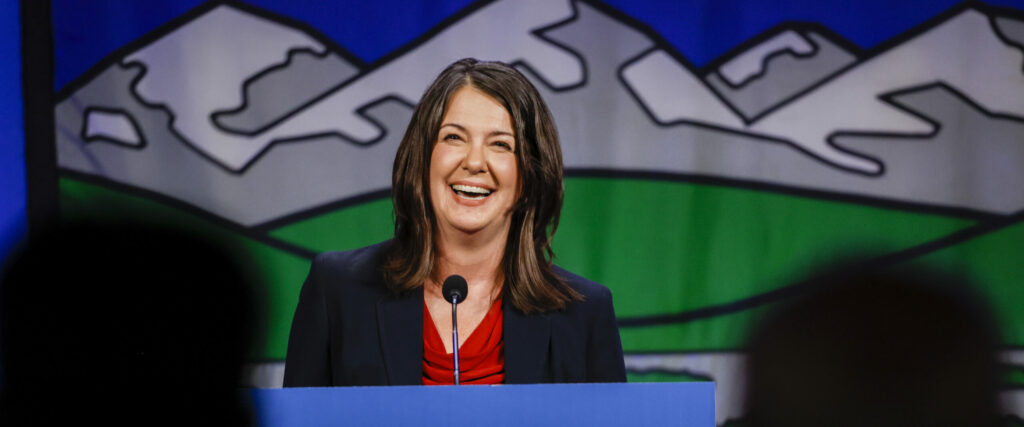Well, here’s an embarrassing story. Apparently Canada’s vaunted climate policies under green dreamboat Justin Trudeau have accomplished the square root of bupkis. “Canada has had the worst record among the G7 countries for reducing emissions of greenhouse gases since 2015, the year the Liberals took office”. And if you’re thinking well yes, his opponents would say such things, it turns out it was… the federal environment commissioner. Can it be that governing is hard, and getting rid of affordable energy without causing catastrophe is impossible? Gosh. Why wasn’t he told?
OK, to be fair, Trudeau is building on a solid record of failure stretching back three decades across party lines. As some of us predicted decades ago (September 4, 2002 in the Ottawa Citizen, to be pre-internet precise but referenced here) bad science means ineffective policy. Sadly, good science doesn’t guarantee effective policy, but one thing at a time. And the thing here is that the reason Trudeau is adding new stories to a vast edifice of failure and futility is not that he invented the conviction that policy details are easy and success only requires that one wants to be good, but that he is especially poorly equipped to rethink it.
One could object that the federal environment commissioner is equally unoriginal, regurgitating the usual pap on climate. The Globe & Mail says “Spelling out the effects of climate change on Canada today, his report warns of deaths linked to extreme heat and wildfire smoke, and says the frequency of natural disasters is going up along with the costs of responding to them.” And then it quotes the report that “Past inaction on climate change has created the present crisis. Meanwhile, continued inaction unfairly burdens future generations, who will experience even greater effects from the long‑lasting greenhouse gases that have already been emitted.”
The Globe employs its famously skeptical journalistic mindset to endorse all these claims without investigating them even in passing. Armed, in this case, with a Bachelor of Journalism with a minor in political science. And an “Editorial Code of Conduct” that says “Information from another publication must be checked or credited before it is used. This does not apply to material supplied by news services to which proper credit is given. When in doubt about information from any source, always double-check. Although verified facts need no attribution, The Globe and Mail identifies sources of less-than-obviously-factual information in most circumstances.” Not including, it seems, claims that natural disasters are increasing, let alone that scientists say warming did it.
No such doubts exist about this report as a political disaster. The National Post reports, under the blistering headline “Canada’s environment watchdog blasts government for going from ‘failure to failure’” that “Canada has become ‘the worst performer of all G7 Nations’ in the fight against climate change and caroms from ‘failure to failure’ as it plays a ‘large role in the dangerous accumulation of greenhouse gases in the atmosphere.’” But then the environment commissioner is quoted saying: “‘Canada was once a leader in the fight against climate change. However, after a series of missed opportunities, it has become the worst performer of all G7 nations since the landmark Paris Agreement on climate change was adopted in 2015.’”
Oh really? A leader? Yes, back when all you had to do was yap. Under, say, Brian Mulroney, who surprised friend and foe alike by going to the 1992 “Earth Summit” in Rio to make a speech and sign the UN Framework Convention on Climate Change. But now we have a “dangerous accumulation of greenhouse gasses in the atmosphere” of all places and someone is actually expected to do something.
As the Post also quoted the environment commissioner, “We can’t continue to go from failure to failure; we need action and results, not just more targets and plans.” Which is the sort of thing that if you have to be told, you won’t understand. Instead the incumbent administration responded to this scathing assessment with the usual self-congratulation, the current and former Environment Ministers issuing a joint statement that: “In 2015, Canada’s emissions were on a steep climb, projected to be 12 per cent higher in 2030 than they were in 2005, despite Canada’s international commitment to reduce emissions by 30 per cent by 2030. The Commissioner’s retrospective analysis of Canada’s record on climate action paints a vivid picture of the mammoth undertaking by the Government of Canada in 2016 to slow, stop and reverse this upward trend of emissions”.
Partly we face the usual problem that a valuable political skill worse than useless when trying to govern is the capacity to make incompatible things sound like a balanced approach. Thus, the Post added, “In his analysis, [environment commissioner] DeMarco points out a host of recent decisions by the Liberal government that he considers to be incoherent with meeting Canada’s climate commitments, such as investing in the Trans Mountain Pipeline expansion or applying ‘minimum’ requirements for carbon pricing throughout the country. In another passage that he tacitly admits will be met with criticism in certain parts of the country, the commissioner notes that Canada’s ‘growing’ oil and gas production is a ‘key barrier’ to the country’s climate targets.”
In every case these decisions were presented as decisive acts to maximize all utilities. But in fact to govern is to choose, and to go for fossil fuels and no fossil fuels is not to choose so it is not to govern.
It can get you bad press.



When "success" is measured in how much the nation has either de-industrialized, outsourced the "problem", or committed the nation to energy poverty, then we must hope that governments continue in the near inherently universal practice of failure. Reality and honesty would be preferable but our democracy appears to be reliant on an institutionally induced stupor when it comes to such radical phenomena.
Not to be too pedantic, but the square root of a very small number is a larger number, so shouldn’t the saying be “{the sauare of bupkis?” (Of course since those members of the climate change religeon know nothing of science, I guess it would be too much to expect they would know anything of math.)
Hey, Australia is the worst. I don't want to give up that title.
I want Canada to crash an burn in Green hell.
Great comment. Like it